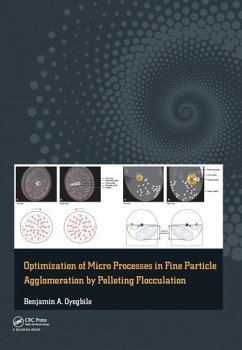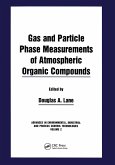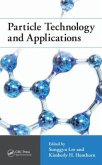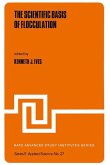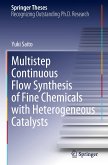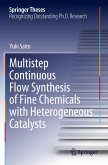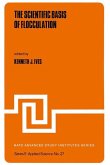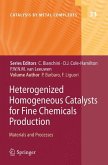Efficient particle separation in order to meet stringent regulatory standards represent one of the biggest challenges facing the process industry operators today. Emerging environmental problems such as climate change, population growth and natural resource depletion make it more compelling to undertake research into alternative phase separation techniques and optimization of existing ones. Meeting this challenge requires innovative, revolutionary and integrated approach in the design and optimization of various unit processes in fine particle separation. Flocculation is widely used as an effective phase separation technique across many process industries such as water and wastewater treatment and in minerals processing. In this work, a new pre-treatment technique was developed using a patented bench scale reactor unit as a technical proof of concept. Furthermore, the book provides a valuable insight into the hydrodynamics and fluid-particle interactions within the agglomeration units. The relatively high solids content of the stable pellets (approximately 30 %) and very low residual turbidity of the post-sedimentation supernatant (7 NTU) clearly demonstrate the potential of this technique. In addition to significantly improving the subsequent solid-liquid separation efficiency, this study also showed that the effluent can be recycled back into the sewer network or utilized for non-portable reuse. The findings obtained from this research will be extremely useful in the scaling up and optimization of the reactor system.
Hinweis: Dieser Artikel kann nur an eine deutsche Lieferadresse ausgeliefert werden.
Hinweis: Dieser Artikel kann nur an eine deutsche Lieferadresse ausgeliefert werden.

